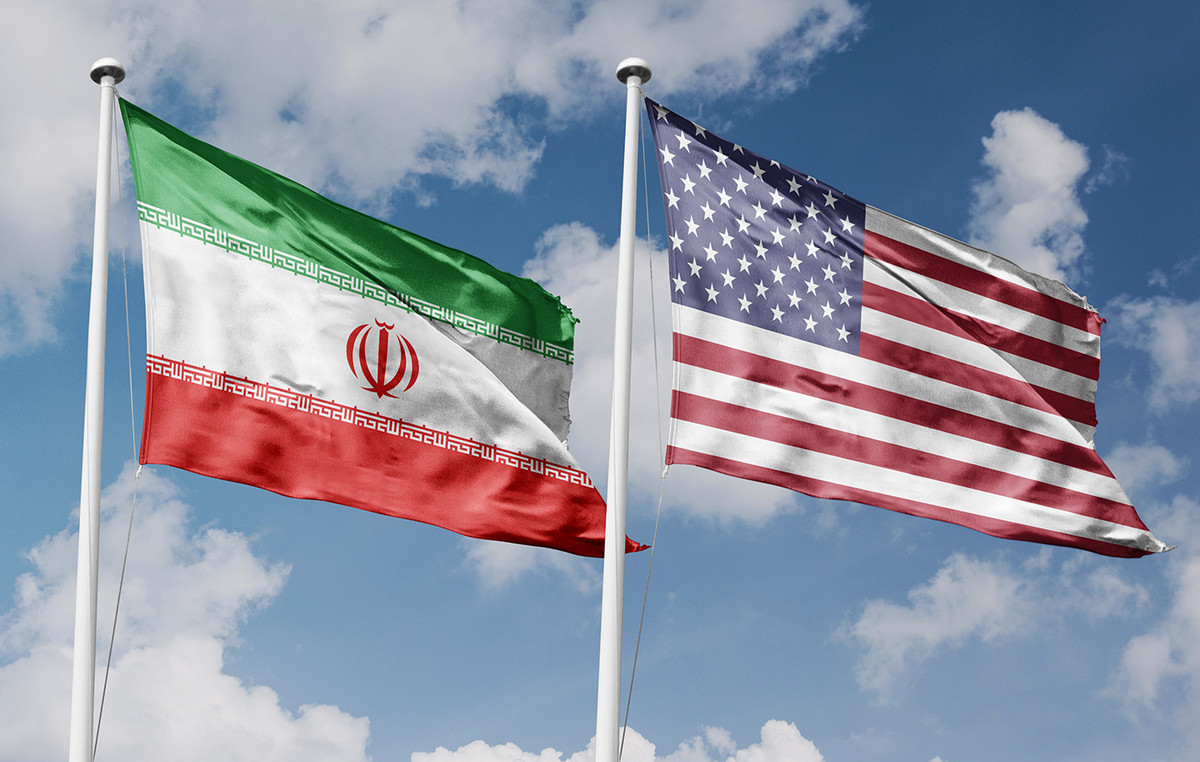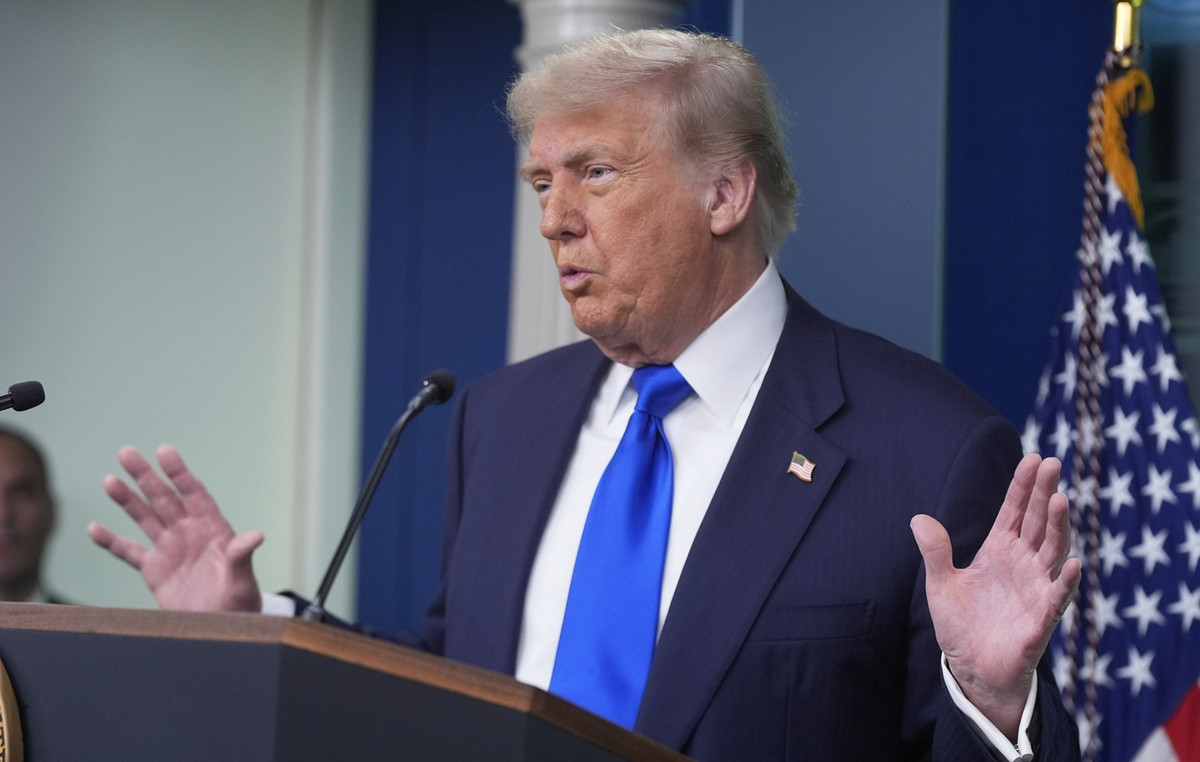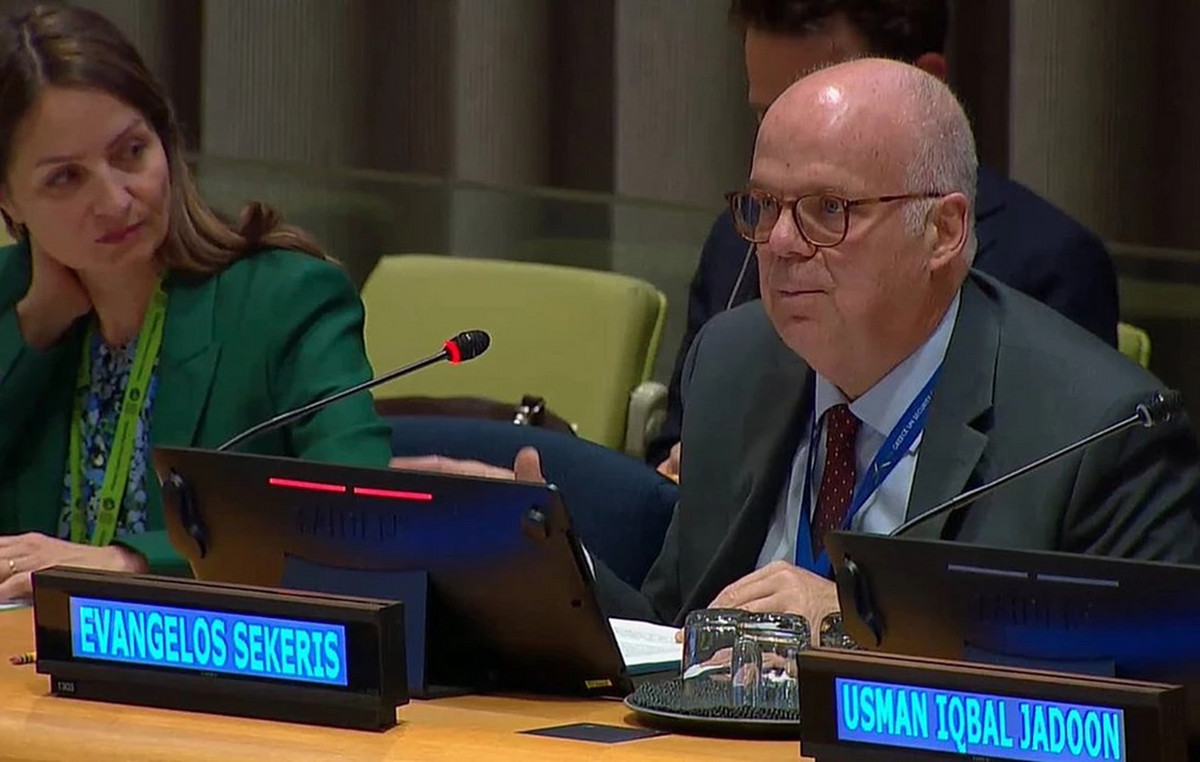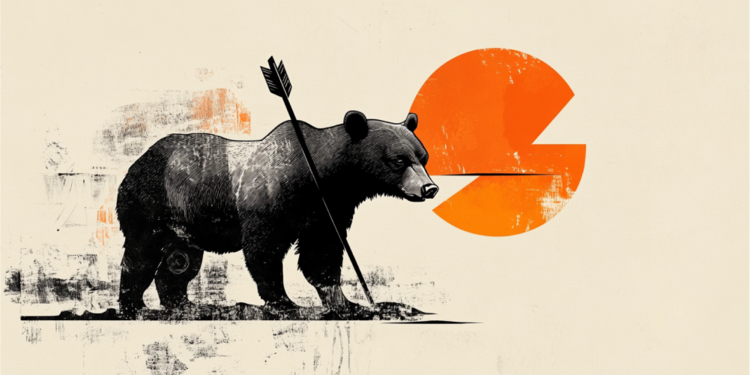The murders of indigenist Bruno Araújo Pereira and journalist Dom Phillips tend to represent, for Jair Bolsonaro, what the deaths of journalist Vladimir Herzog and worker Manoel Fiel Filho symbolized for the government of General Ernesto Geisel (1974-1979). They are tragedies that have the power to illustrate an era, that help to summarize a historical period.
There are important differences between the cases. The torture and murder of Herzog (1975) and Fiel Filho (1976) on army premises were the work of civil servants, soldiers linked to the basements, who were not satisfied with the process of political opening.
As far as is known, Pereira and Phillips were victims of bandits who invade indigenous lands to practice illegal economic activities. There is no evidence that people linked to governments participated in the massacre.
The torturers of Herzog and Fiel Filho felt abandoned, betrayed by those men who had encouraged repression based on the indiscriminate application of abuse, murder and the disappearance of opponents.
There were signs of a change in times, of moderation in the process of choosing victims – a US government document revealed that, in the previous year, Geisel had authorized the continuation of summary executions, but only of “dangerous subversives”.
Suspected links with the Brazilian Communist Party, the journalist and the worker could not be considered dangerous, their deaths were interpreted as a challenge coming from the hardest sectors of the regime. Affronted, Geisel reacted, and fired the commander of the then Second Army, General Ednardo d’Avila Mello.
Herzog was not a journalist known to the general public, he worked behind the scenes, as director of journalism at TV Cultura. His murder, however, aroused an indignation that culminated in an act in the Sé Cathedral, where Archbishop D. Paulo Evaristo Arns, Rabbi Henry Sobel and Presbyterian pastor Jaime Wright celebrated an ecumenical service in honor of the victim and in protest against the dictatorship.
A relevant part of society said, at that time, that it would react more actively to crimes committed by the military. A limit had been crossed with the murder of an opponent who was acting peacefully, who worked on a TV linked to the state government and who, after being summoned, took the initiative to go to the barracks to testify. Three months later, the worker was tortured and killed.
Thousands of people were tortured during the dictatorship, hundreds were killed or are still missing today, but the murders of Herzog and Fiel Filho became milestones, turning points, a warning that the succession of similar cases should end.
Pereira’s and Phillips’ sacrifice tends to fulfill the same role. Even though State agents are not responsible for their deaths, the crimes were only possible thanks to the leniency of governments – the federal one, mainly – with illegal practices in the Amazon.
In the electoral campaign and throughout his term, Bolsonaro did not spare actions and statements that weakened bodies such as Funai and Ibama, which had a negative effect on indigenous communities, which reinforced the criminal activities of miners, farmers, ranchers and other invaders of land. lands reserved for native populations.
In 2018, he even said that, if elected, he would “stab Funai”. The scythe that hit the foundation – which ended up being handed over to the police – served as an incentive for those who, at the end of the line, released in the forest, see the indigenous and their defenders as enemies to be expelled or exterminated – a survey published by CNN showed that the homicides in the southwest region of Amazonas increased from 14 in 2019 to 85 in 2021, a growth of 507%.
Unlike what happened under Geisel, the murders of the Brazilian indigenist and the British journalist were not a provocation to power. The murderers were sure that they would be protected by the same impunity that guarantees the freedom of other criminals.
But, like the executioners of 1975 and 1976, they erred in their assessment of the victims and the historical moment. History is like that, dynamic, changeable, surprising. Every now and then, he seems to make some sudden leaps – leaps, which are often times when feelings that have been repressed and could no longer be repressed emerge.
As in the cases of Herzog and Fiel Filho, the repercussion of the deaths of Pereira and Phillips indicates the beginning of the end of a model of forest exploitation and throws the consequences of what many tried not to see in the face of the country and the world.
Source: CNN Brasil







